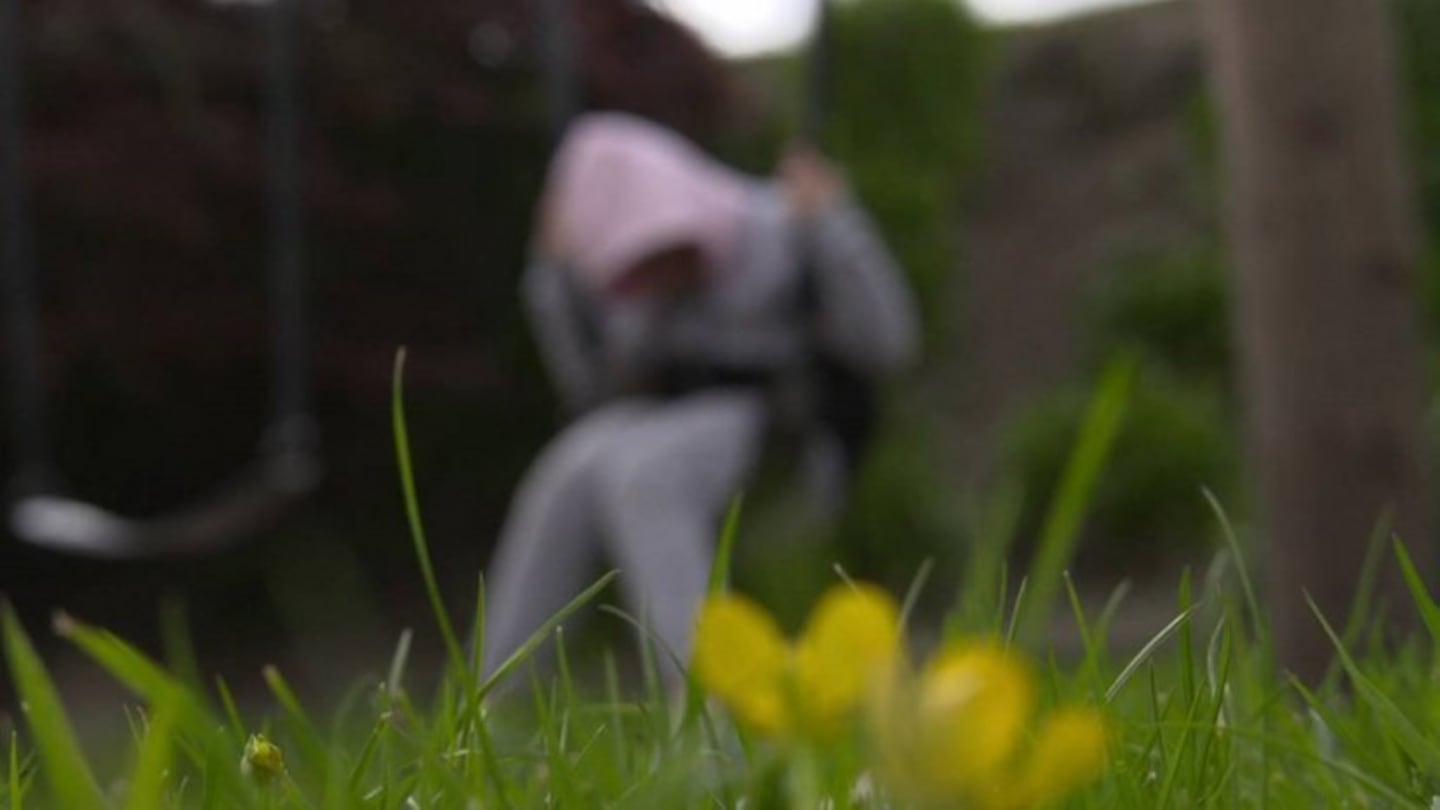A new report from Aroturuki Tamariki (the Independent Children’s Monitor) shows there is no confidence in some government agencies over the protection of tamariki, even though a new child protection system was implemented following the recommendations of Dame Karen Poutasi after Malachi Subecz died.
Malachi Subecz was murdered in 2021 despite concerns being raised with Oranga Tamariki. The tragedy triggered national outrage and a series of reviews, including a Poutasi’s whole-of-system review of the child protection system.
Aroturuki Tamariki‘s new report says some kids are now still in the situation Malachi faced before he was brutally murdered.
The Poutasi review referred to there being people who tried to act but were not listened to, those who were uncertain but did not act, and those who knew but chose not to act.
The agencies responsible for implementing Poutasi’s recommendations are children’s agencies Oranga Tamariki, NZ Police, Ministry of Education, Ministry of Health, Ministry of Social Development, and Ministry of Justice, and other agencies, Department of Corrections, Education Review Office and Health NZ.
Since the report was finalised, agencies have taken some actions from their own reviews but Aroturuki Tamariki is not confident tamariki in similar situations to Subecz are safe.
It said:
- “The recommendations of the Poutasi review have not been implemented and the system change Dame Karen called for has not happened;
- individual agency reviews have made limited progress, and what has been done does not address the fundamental underlying problems;
- across the children’s system, agencies are not adequately prioritising child protection and struggle to collaborate and share information; and
- when people report concerns, Oranga Tamariki is not sufficiently focused on the safety of the child and social workers are forced to make decisions on when to act based on staff availability.”
Aroturuki Tamariki chief executive Arran Jones called the lack of priority given to the Poutasi review by government agencies over the last two years “disappointing”.

“The gaps identified by the Poutasi review were not new and have been raised by previous reviews over decades.
“A succession of reviews into the death or serious abuse of children have pointed at the need for greater collaboration and information sharing between government agencies and non-government organisations (NGOs). Not sharing information when the safety of a child is at risk leads to tamariki falling through the gaps, as happened with Malachi,” Jones wrote in a statement.
He said the protection of children was not Oranga Tamariki’s sole responsibility but it was the agency with statutory responsibility.
“While Oranga Tamariki needs to improve its response when statutory intervention is required, well-resourced and funded NGOs and iwi and Māori service providers are also needed to provide an early intervention response. This would take the pressure off Oranga Tamariki and increase the likelihood of tamariki being seen.
“The lack of urgency, and what appears to be a lack of priority given to addressing child abuse in New Zealand is hard to understand. While it is important not to make hasty decisions that may have unintended consequences, it is concerning that there has not been greater progress. The critical gaps that Dame Karen Poutasi identified have not been closed.”
The Independent Children’s Monitor investigation found half of NGOs and 40 per cent of ECE providers and schools’ reports of concern were labelled by Oranga Tamariki as requiring no further action.
The report also showed staffing was an influence on the decisions social workers made when taking action on a report of concern which, according to Jones, left an “inconsistent response across sites and an inconsistent threshold for when further action is taken”.
Some Oranga Tamariki social workers said they lacked clarity on their statutory role, an issue heard by the Ministerial Advisory Board in 2021.
“This pattern of a child death followed by a review and recommendations that are not implemented has to stop. Action needs to be taken to keep children safe,” Jones said.
Aroturuki Tamariki intends to continue monitoring the situation and will report on any changes in another 12 months.




